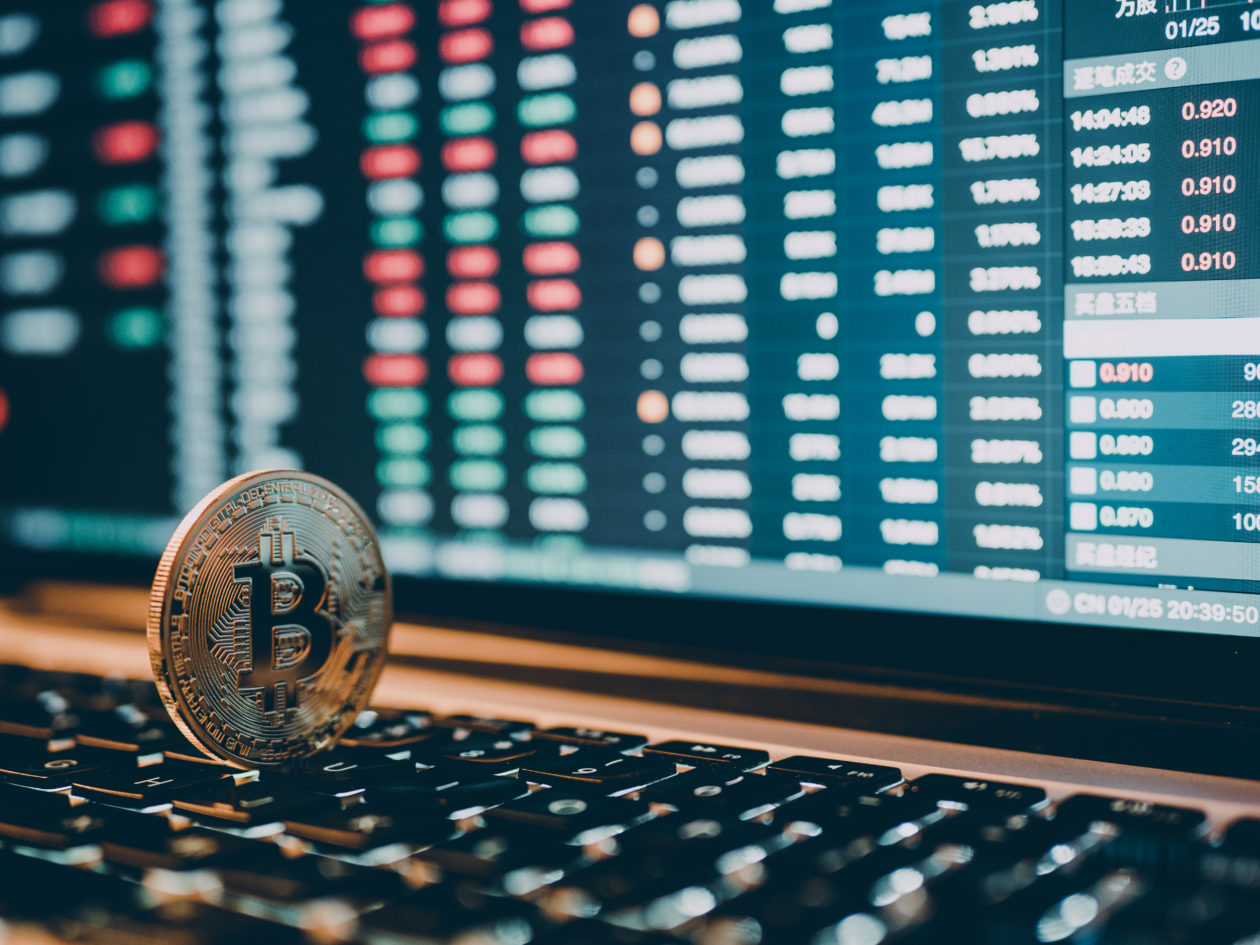U.S. Federal Reserve Chairman Jerome Powell admitted on Thursday that current inflation levels exceeding 5% were getting uncomfortable, sending gold — the traditional inflation hedge rising in price while its so-called digital equivalent in Bitcoin continued its sideways price trend.
With Google searches — perhaps the best proxy for public interest in our increasingly digital world — for Bitcoin price at an all-time low for 2021, do people still believe in the power of BTC as a hedge against rising inflation?
Concluding two days of testimony in the Senate, Powell sounded less confident about the economic outlook for the U.S. — and the central bank’s policy direction — than earlier this year.
“This is a shock going through the system associated with reopening of the economy, and it has driven inflation well above 2%. And of course, we’re not comfortable with that,” Powell told the Senate Banking Committee on Thursday.
As a result of the Fed’s inability to taper inflation, gold prices now appear headed for a fourth straight week of gains, rising by nearly 1%, although enthusiasm over precious metal — long regarded as a safe-haven asset — may have been partially subdued by pressure from a stronger dollar. However, Bitcoin’s price, which so far has been aided by the inflation-hedge narrative, dipped around 3% and BTC remains range-bound between US$30,000 and US$35,0000.
Bitcoin against inflation
This week prior to Powell’s Senate address, the debate had already begun over whether Bitcoin is really a hedge against rising inflation. On Twitter, notable market watchers expressed concerns over the Bitcoin price continuing to fall over the last few months despite the projected spike in inflation.
The Consumer Price Index (CPI) — a closely watched indicator of inflation, based on the change in prices over time that consumers pay for goods and services — has been surging since March this year, when it rose 2.6%. June saw the largest one-month increase in CPI in 13 years, to 5.4%.
Despite the inflation, over the same period, the Bitcoin price has failed to hold steady. Bitcoin price hit its all-time high of US$64,000 in mid-April but is only about half of that now.
“Something that a lot of people are talking about right now is indeed inflation and how it relates to Bitcoin, which primarily or at least from a thesis, a conceptual basis, was an inflation hedge,” said Justin d’Anethan, head of exchange sales for digital securities firm Eqonex, in an interview with Forkast.News. “But that might not always show up in the short term.”
Along with the environmental concerns over Bitcoin’s carbon footprint, which may have greatly influenced the decline of Bitcoin’s price since Tesla CEO Elon Musk highlighted the issue as a reason not to accept BTC payments, d’Anethan argues that the current lack of reaction of Bitcoin to inflation may be caused by normal trader behavior.
“You’re a trading firm and you’re trading a variety of assets like equities, bonds, precious metals and crypto, you might have to exit a certain position to fund another position. And so if equities are going down because of inflation fears, you might actually also have to sell Bitcoin to free up cash, even though it’s supposed to be an inflation hedge,” d’Anethan said. “If you look at gold as a precious metal, it actually is rising on inflation fears. Long term, I think that Bitcoin will rise again. But right now the truth is that the range-bound area that we’re in is the predominant narrative.”
Public interest in Bitcoin reaches 7 month low
Around the world, the attention on Bitcoin is also drifting. This week, the Google search volume for “Bitcoin price” reached a seven-month low.
Google uses a scale of 0 to 100 when measuring trending topics, and after seeing that average at around 60 for most of this year, based on data for the past 12 months, it has now dropped to 24. The last spike was two months ago when China issued a warning against speculative trading in cryptocurrencies.
While that might be an indication of the world turning away from Bitcoin, people’s attention span — as measured by Google search trends — is much longer this time. The previous spike in interest, which coincided with the cryptocurrency bubble from November 2017 to February 2018, was shorter in comparison to this year’s increase in public attention, which started rising in the second half of 2020 and lasted for more than half a year.
D’Anethan assessed that it was natural for public interest in Bitcoin to wane as BTC prices drop, and the current interest level was still higher than most weeks in 2019 and 2020. He is optimistic about the price outlook for the rest of the year.
“Bitcoin would probably be higher than it is now by the year’s end,” he said, “We’re right now in an accumulation phase. … the amount of capital and cash that’s been flowing into Bitcoin or cryptocurrencies and all the corporates and infrastructure players that have started looking at crypto are just very supportive of higher prices.”
The Bitcoin price is US$31,705.36 at the time of publishing, down 2.50% in the last 24 hours. Bitcoin’s market capitalization sits just below US$600 billion and BTC dominance is holding steady above 45%.

